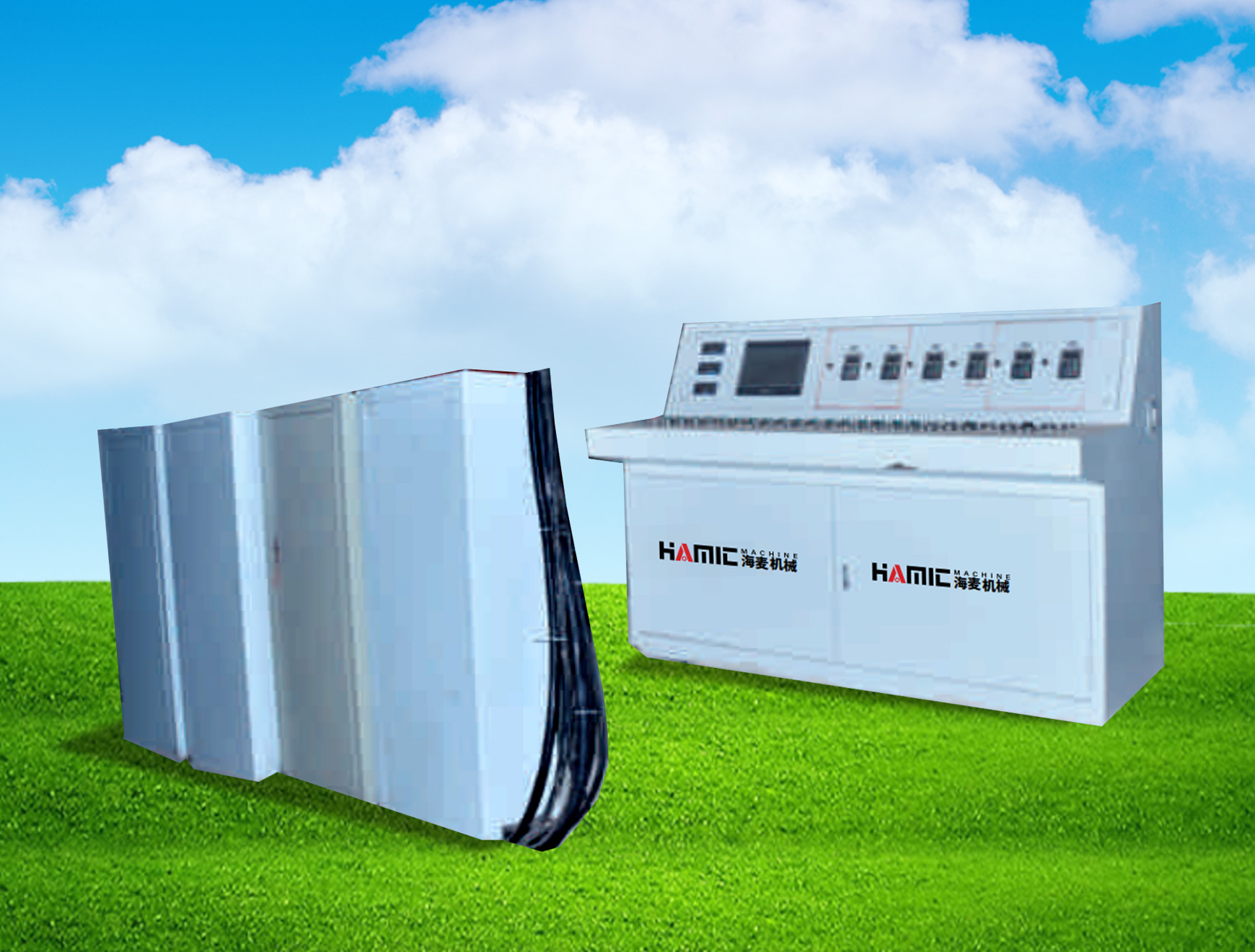

Autonomous control systems have revolutionized numerous industries by enabling machines and devices to operate independently without continuous human intervention. These systems are at the forefront of technological advancements, driving innovations in manufacturing, transportation, healthcare, and more. In this article, we will explore what an autonomous control system is, its key components, and the benefits it brings, with a focus on the Automatic control system brand.
What is an Autonomous Control System?
An autonomous control system is a sophisticated mechanism designed to manage and regulate processes or operations automatically. Unlike traditional control systems that require manual input and supervision, autonomous control systems can make decisions and perform tasks based on pre-programmed instructions and real-time data. This capability makes them highly efficient and adaptable to changing conditions.

Key Components of an Autonomous Control System
Sensors: Sensors are the eyes and ears of an autonomous control system. They collect data from the environment, such as temperature, pressure, and position, which is then processed by the system to make informed decisions. For example, in a manufacturing plant, sensors can monitor the temperature of machinery to prevent overheating.
Controllers: Controllers are the brains of the system. They process the data collected by sensors and determine the appropriate actions to take. Controllers can be simple, like a thermostat that turns the heating on or off, or complex, like those used in autonomous vehicles that navigate through traffic.
Actuators: Actuators are the muscles of the system. They perform the physical actions dictated by the controllers. Examples include motors that move robotic arms, valves that control fluid flow, and solenoids that open and close switches.
Software and Algorithms: The software and algorithms running on the system's processors are crucial for decision-making. They interpret sensor data, apply control strategies, and send commands to actuators. Advanced algorithms can even learn from past experiences and improve performance over time.
Benefits of Autonomous Control Systems
Increased Efficiency: Autonomous control systems can operate continuously without breaks, leading to higher productivity and efficiency. They can also optimize processes by adjusting parameters in real-time to maintain optimal performance.
Reduced Human Error: By automating repetitive and complex tasks, these systems minimize the risk of human error, which is especially important in safety-critical applications like aviation and nuclear power plants.
Cost Savings: Over time, autonomous control systems can reduce operational costs by lowering energy consumption, minimizing maintenance needs, and extending the lifespan of equipment.
Enhanced Safety: Autonomous systems can quickly respond to emergencies and hazardous situations, often faster than human operators. For instance, in chemical plants, they can shut down processes in case of leaks or other anomalies.
Applications of Autonomous Control Systems
Manufacturing: In factories, autonomous control systems manage production lines, quality control, and inventory management. They ensure that products meet high standards and are delivered efficiently.
Transportation: Autonomous vehicles use advanced control systems to navigate roads, avoid obstacles, and communicate with other vehicles. This technology is expected to transform the transportation industry by improving safety and reducing congestion.
Healthcare: In hospitals, autonomous control systems monitor patient vital signs and adjust treatments accordingly. They can also manage the distribution of medications and schedule appointments.
Agriculture: Smart farming relies on autonomous control systems to monitor soil moisture, temperature, and crop health. Drones and robots equipped with these systems can perform tasks like planting, watering, and harvesting.
Automatic Control System: A Leading Brand in Autonomous Control Solutions
Automatic control system is a leading brand in the development and implementation of autonomous control systems. Their solutions are designed to meet the highest standards of reliability and performance. Some key features of their systems include:
Advanced Sensor Technology: High-precision sensors that provide accurate and reliable data.
Intelligent Controllers: State-of-the-art controllers that use sophisticated algorithms for optimal performance.
Robust Actuators: Durable and efficient actuators that ensure smooth and precise operation.
User-Friendly Interfaces: Intuitive interfaces that make it easy for users to monitor and control the system.
Customizable Solutions: Tailored solutions that can be adapted to meet the specific needs of different industries and applications.
Autonomous control systems are transforming the way we live and work, offering significant benefits in terms of efficiency, safety, and cost savings. With brands like Automatic control system leading the way, the future of automation looks bright. Whether in manufacturing, transportation, healthcare, or agriculture, these systems are poised to play a crucial role in shaping the world of tomorrow. By understanding and leveraging the capabilities of autonomous control systems, businesses and organizations can stay ahead of the curve and achieve their goals more effectively.